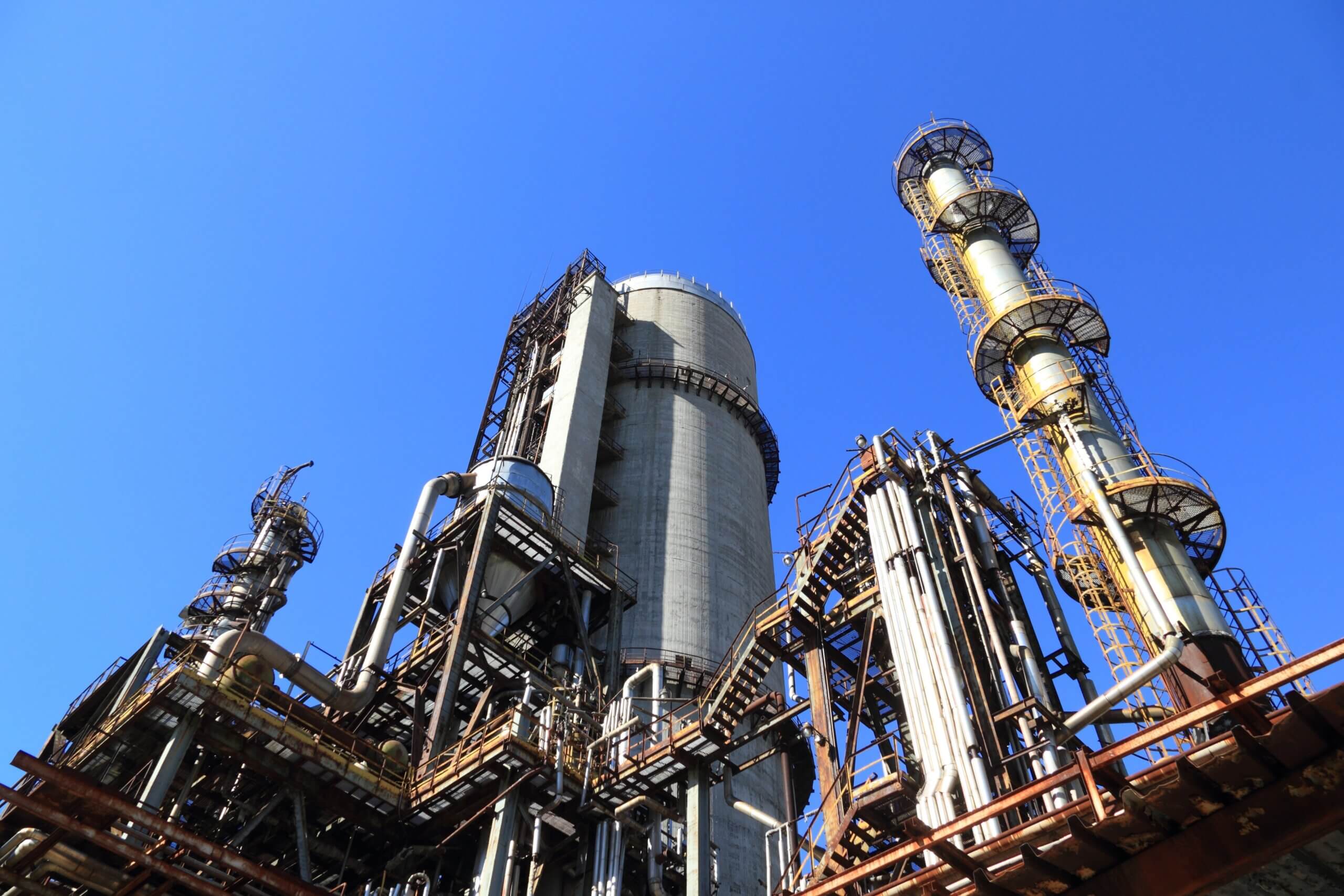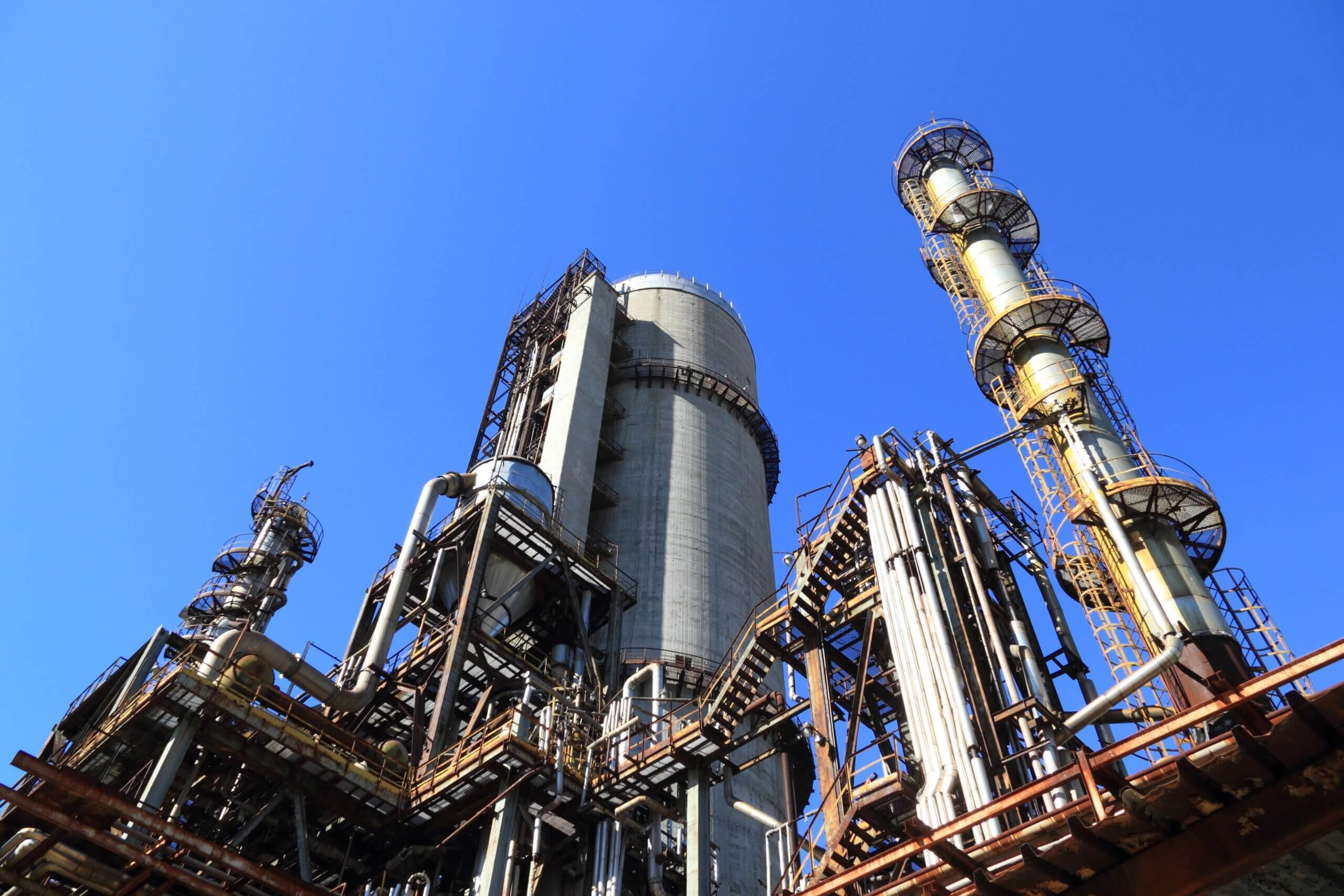“Deglobalization” has entered the narrative zeitgeist. But what’s happening on the ground? This weekly series seeks to answer that question with a round-up of deglobalization developments from the week that’s done.
1. US customs authorities are expanding their scrutiny of forced labor exposure in Chinese supply chains, widening their focus beyond solar panels, cotton, and tomatoes to now also include electric vehicle batteries, tires, and major automobile raw materials like steel and aluminum.
2. Canada’s corporate watchdog is investigating allegations that retailer Ralph Lauren has supply relationships with Chinese companies with ties to Uyghur forced labor. The announcement by the Canadian Ombudsperson for Responsible Enterprise follows its opening last month of probes into Nike Canada and mining company Dynasty Gold, also over alleged forced labor ties.
3. Chinese antitrust authorities blocked a 5.4 billion USD merger between American chipmaker Intel and Israel’s Tower Semiconductor. That’s despite the deal having already passed a regulatory review in the US. Beijing is increasingly leveraging its ability to scuttle global mergers as a way of undermining US corporate strategies.
4. Hong Kong is becoming less of an international legal hub and more of a mainland Chinese one. A telling example, as reported by the Financial Times: Chinese state-owned enterprises have been told to drop the use of US law firms, with that directive becoming “mandatory” this year, according to one source.
5. Foxconn is cautiously pushing ahead with its efforts to diversify supply chains out of China. It now has nine campuses in India with 36 factories, according to an internal company document seen by the FT, and more than doubled India’s share of overall revenue last year to 4.6%. But challenges remain, including accessing Indian subsidies, and making India operations more cost-effective.
6. The Chinese government has reclaimed more than 170,000 hectares of land since 2021 to convert into farmland, as Beijing pushes to reduce reliance on foreign food imports. But the effort is running into waste and inefficiencies. The city of Chengdu saw farmland converted into parks in 2017, only to be reconverted into farmland. And one local official admitted that political signaling, rather than actual grain output, is the policy priority.
(Photo by Pexabay/Pexels)




